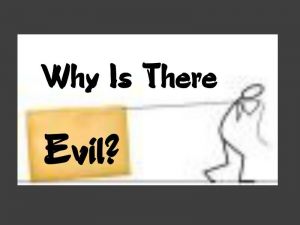Belief in Angels In common folklore, angels are thought of as good forces of nature, hologram images, or illusions. Western iconography sometimes depicts angels as fat cherubic babies or handsome young men or women with a halo surrounding their head.
In common folklore, angels are thought of as good forces of nature, hologram images, or illusions. Western iconography sometimes depicts angels as fat cherubic babies or handsome young men or women with a halo surrounding their head.
In Islamic doctrine, they are real created beings who will eventually suffer death, but are generally hidden from our senses.
They are not divine or semi-divine, and they are not God's associates running different districts of the universe. Also, they are not objects to be worshipped or prayed to, as they do not deliver our prayers to God. They all submit to God and carry out His commands.
In the Islamic worldview, there are no fallen angels: they are not divided into 'good' and 'evil' angels. Human beings do not become angels after death. Satan is not a fallen angel, but is one of the jinn, a creation of God parallel to human beings and angels.
Why Does God Allow Suffering? Throughout history this question has plagued humanity. The general stance is that if there was a perfectly good, all-knowing, all-powerful God, then there would be no evil or suffering in the world – death, disease, old age, earthquakes, volcanic eruptions and starvation would not feature in life's equation.
Throughout history this question has plagued humanity. The general stance is that if there was a perfectly good, all-knowing, all-powerful God, then there would be no evil or suffering in the world – death, disease, old age, earthquakes, volcanic eruptions and starvation would not feature in life's equation.
When addressing the question it becomes apparent that the above statement takes on board the following premises:
1. A good God that is all powerful exists
2. Evil exists
Therefore a good God that is all powerful does not exist. However, the above conclusion assumes some further hidden premises that are not directly mentioned. For instance, it assumes that:
1. If God is omnipotent(all powerful), then He can create any world He wants -
For example, a world where all human beings always do the right thing and do not fall into evil or suffering. However, this would mean that God would deprive us of the freedom to choose and compulsion is not a characteristic that God imposes on humans.
2. If God is good, then He prefers a world without evil.
The above two hidden premises assume a very Christian type of God (i.e. one that is just good and omnipotent) and secondly that God doesn't have any reason to permit evil and suffering in the world.
